10 Reasons Why Traders Lose Money in Trading
10 Reasons Why Traders Lose Money in Trading
Why traders lose money in trading?
Retail traders are individuals who speculate on the financial markets. This is risky business, especially trading the currency market, where few retail traders survive the test of time.
I’ll try to look at some (the most crucial ones) of the reasons why traders lose money to find out how to improve the trading process.
Online Trading and Affiliates
Online trading became popular with the widespread penetration of the Internet. Every day more and more people get connected and get exposure to online trading.
The industry faces stiff competition among Forex brokers. For this reason, as an individual connected to the Internet, it is impossible not to be subject to online trading advertising.
The affiliate industry is enormous as well, as the currency market, by its size, attracts all kinds of people.
Think of the numbers for a bit: five trillion plus dollars change hands every day on this market.
Also known as the interbank market, it formed in the early ‘70s with the United States decision to scrap the gold standard. It grew pushed by the effects of globalisation to the extent that makes today’s financial system interdependent.
Pricing and the Interbank Market
For the average retail trader, having access to such a market became a reality only about a decade or so ago. Up until the early 2000s, the entry requirements of trading financial markets were quite high.
This was especially true for the interbank market or foreign exchange as we know it today.
However, competition and improved technology changed the industry forever.
Nowadays, with only a few clicks of a mouse and a stable Internet connection, literally, anyone can trade worldwide markets, from currencies to bonds, stocks, options, and so on.
But statistics tell that the retail traders have a hard time making money on the currency market. In fact, over ninety five percent of retail traders lose their first deposit to a broker’s account.
Why is it that traders lose money?
Why Traders Lose Money?
As always, the solution to a problem is to first recognise that there is one. As mentioned earlier, numbers don’t lie, and, in this case, the reality is cruel.
With this article, I aim at covering the reasons why traders do fail when operating on the currency market, so that everyone knows what to do to avoid, as much as possible, mistakes or habits that end up with losing money in trading.
While not in their order of importance, here are ten reasons why traders lose money in trading. Let’s kick in this article with the first one.
Online Trading Advertising
Like any competitive marketplace, the online trading industry is full of all kind of companies, from outstanding brokerage houses to crooks and scammers. For this reason, it is a “dog-eat-dog” world out there in the run for attracting as many traders as possible.
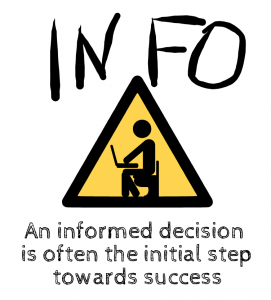
After all, why is it so difficult to decide whether to go long or short and make an extra buck to complement your monthly income?
Commercials showing the lady working in the grocery store gaining $2000 extra income per month do no good to the industry. People of all walks of life in this world easily fell prey to dishonest advertising.
Lately, at least in the United States and Europe, regulations imposed Forex brokers to disclose the true nature of the risk involved in every commercial.
Therefore, the guilt of losing money in trading belongs to the uninformed trader and not to the greedy broker.
Traders can easily overcome this by doing a bit of research about the broker and the overall online trading industry. An informed decision is often the initial step towards success when trading financial markets.
Human Nature – Greed vs. Fear
Human nature drives everything we do in our lives. Some people have more patience than others, some are more risk averse than others, and so on and so forth.
In trading, things are no different. For whatever the reason, human beings react differently to the idea of making money and losing money.
While everyone wants to make money, few understand or can cope with the idea that making money in the currency market comes at the risk of losing money in trading. Therefore, there should be a fine balance between the risk taken and the potential profit.
But reality, again, plays tricks on all of us. When the market takes a breather after a winning streak, a recurrent idea starts growing in a trader’s mind: why not take all the profit?
Slowly but surely the mind invents reasons why you should do just that- take the profits, despite the initial plan being entirely different.
Suddenly, nothing matters anymore, and the fear of the market reverting is a reason why traders lose money.
Naturally, the moment the traders book the profits, the trend resumes, and another battle starts on the psychological side of things: why did I get out and how to get back in again?
The FOMO (Fear Of Missing Out) comes straight from fear and greed, as the reasons why traders fail. Next thing you know the trader ends up buying the top or selling the bottom and the initial gains evaporate quickly.
This is clearly shown in the chart below:
To counter fear and greed and their effects on a trading account, plan your trade and trade your plan.
Stick to the plan, no matter how hard is that!
Failure to Understand the Other Market Players
Another reason why retail traders fail when trading the currency market comes from not knowing the counter-parties. For every trade, there is a counter-trade.
For instance, if you’re buying the EURUSD pair, you can only do that from the ask price. Someone else must take the other side of the trade, from the bid side.
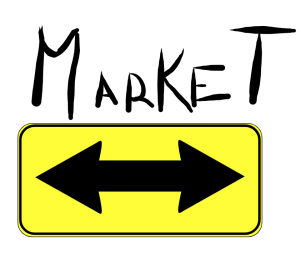
Because the market is immense, positions squaring and paring always happen in the blink of an eye, with plenty of liquidity present.
But who are the ones on the other side of a retail trader’s position?
Other retail traders?
Possible, but unlikely.
Other Market Players
The size of retail trading in the daily FX volume is very small. It covers only about five or six percent of the daily transactions, with small variations depending on the trading day.
Hence, when talking to fellow retail traders and blaming each other for a loss or bragging for a gain, keep in mind that they have nothing to do with it.
They didn’t lose because you gained, or gained because you lost, as most likely someone else sat on the other side of the trade.
So, who else is there?
Other Market Participants
Commercial and central banks, for instance.
Central banks set the monetary policy for the period ahead and, sometimes, their decisions must be implemented.
Someone (i.e., a trading department) needs to buy the bonds on the market as part of the QE (Quantitative Easing) program, thus distorting the financial market. Commercial banks have treasury departments, exchanging the currency on the open market to fill their clients’ orders to buy or sell currencies.
Both commercial and central banks run huge volumes on the market that dwarf the possibilities
of a retail trader. Not to mention that they have an army of researchers and the best possible technology to make the right trading decisions.
Forex brokers, liquidity providers, institutional investors, quant firms, etc., come to complement the list of other market players with more chances to make money in the currency market than the retail trader.
Therefore, one of the reasons why traders lose is because they don’t align their interests with the big guys.
Doing that significantly increases the chances of making money in trading.
Overtrading
For many traders overtrading is similar to greed.
As a result of taking too many trades to make as much money as possible, they end up losing. However, overtrading is something else.
It appears when traders take too many positions at the same time, thus increasing the leverage (and the risk) on the trading account. Next thing you know, the market barely moves in the opposite direction leaving the traders out of their positions, only to see the market reversing back again.
Overtrading is one of the leading causes of why traders lose money.
It comes from the lack of understanding of the currency market and especially its correlations.
Financial markets correlate, and especially currency pairs. The Forex dashboard uses the USD as the pillar, and currency pairs have different correlation degrees.
For instance, buying GBPUSD, EURUSD, AUDUSD, and NZDUSD after bearish economic news out of the United States is not a smart decision. It is like taking one single trade with four-time the desired exposure.
It is, in the end, overtrading, because the pairs enjoy a direct correlation.
How to avoid that?
Learn the most critical correlations and, if you are to trade correlated markets, do that by entering/exiting a trade at a different point in time and/or use a strategy on different timeframes on correlated pairs.
Lack of Money Management
Perhaps the most important reasons why traders lose money is money management. Or, more precisely, the lack of it.
Managing a trading account, despite the size, is a huge responsibility. Deciding on the volume to trade, the currency pair, the time of the day, week, month to 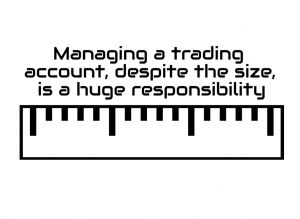
The truth of the matter is that from the moment retail traders fund a trading account, they instantly become money managers. The problem, though, comes from the lack of knowledge on the area and what can be applied to the currency market.
Managing money is both a science and an art, and differs from market to market.
The stock market is different than the currency market, the options from the bond market, and so on, so money management differs too.
Trading the currency market, in general, has better results if traders use appropriate risk-reward ratios. Never settle for a reward smaller than the risk and look for anything above 1:2 or 1:3 (gaining two or three pips on every pip risked).
Lack of Trading Education
On top of the reasons why traders lose money in trading listed in this article was not knowing who the other market participants are. Equally important, lack of trading related education is a key factor that causes traders to lose money.
Trading or speculation on financial markets is centuries old.
We can track it back to the middle of the 1700s in Japan, where rice traders were speculating on future crops and their prices.
Late in the 1800s in the United States the stock market evolved into an object of general interest. The early and middle 1900s was the time when most of the trading theories (Elliott, Gartley, Pitchfork, Dow, etc.) were developed.
The late 1900’s was a time during which the Personal Computer’s invention brought more technical indicators as a part of any trader’s trading arsenal.
But technical and fundamental analysis changed as new concepts kept appearing all the time. While learning from the past, the trader needs to stay up-to-date with everything happening around, both from a technical and a fundamental point of view, as well as from a technological one.
Oversized Bets
Derived from greed and human nature, oversized bets are another reason why traders lose money in trading. We want more and more and faster, and the market simply doesn’t move at such a pace.
As a result, retail traders take inappropriate risks, and a small countermove is enough to trigger a margin call.
To overcome this, use percentages on every trade coupled with appropriate risk-reward ratios.
 Constant Trading
Constant Trading
Only because the markets are open doesn’t mean we should trade. Sometimes the markets are just waiting for the right reason to move, with plenty of examples available.
For instance, consider the NFP (Non-Farm Payrolls) week in the United States. Most of the times the USD consolidates, as the entire trading community awaits the Friday’s release.
Therefore, if you are to trade during the NFP week, use a trading horizon that expands beyond the release time.
Patience and discipline are vital to growing a trading account. Lack of such qualities comes to the trading account’s detriment.
Lack of time
Time is another issue.
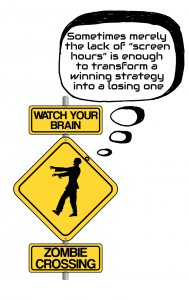
The currency market moves for various reasons, from technical to fundamental.
Fundamental reasons relate with economic releases, spread during the trading hours, from different parts of the world, as the Earth moves.
In other words, the market moves all the time or has reasons to move all the time and change behaviour, thus affecting a trading account’s performance. Sometimes merely the lack of “screen hours” is enough to transform a winning strategy into a losing one.
One way to solve this is to develop a strategy on the more significant timeframes. Think of daily and above, and widen the time horizon for a trade to reach the take profit level.
Treating Trading as a Hobby
A critical factor that messes with the trading account is the reason why people trade. Part of the risk disclaimer of every broker is that retail traders should not risk money they cannot lose.
Well, using that attitude won’t get a trader far either. Of course, losing is possible, but the idea is to make money, not lose it.
Trading is not a game, even though sometimes the fast changing quotes may suggest just that.
Trading is a serious business, with tremendous opportunities, but significant risks too.
If treated as a hobby (i.e., I don’t care what happens, I don’t care if I lose), the trader won’t put the effort needed to succeed. And, to make money trading, the currency market requires a lot of time and effort, much more than the time and effort needed for a hobby.
Again, there’s a quick fix to that too.
Food for thought: One way is to try trading for a living for a while.
Yes, that’s correct.
Imagine if you were to put real money in a live trading account from where you need to pay all of your bills with what trading gives you.
After six months or so, no one will treat trading as a hobby anymore, will put enough time to succeed, and invest both in learning more and acting appropriately.
Conclusion
As I have listed some of the reasons why traders lose money in trading, the root of the problem of why traders lose money in trading is the lack of focus. With attention on making money and not following strict rules, traders end up losing money.
How about focusing on how NOT to lose money, and you’re better off from the start? Succeeding in NOT losing money ends up with making money.
With the thought that this article brought some clarity to many retail traders, there’s no better way to end this article than asking the right question: are you meant to be a trader?
Happy Trading,
Colibri Trader
p.s.
Check out my other article on how to Bounce Back from a Losing Streak


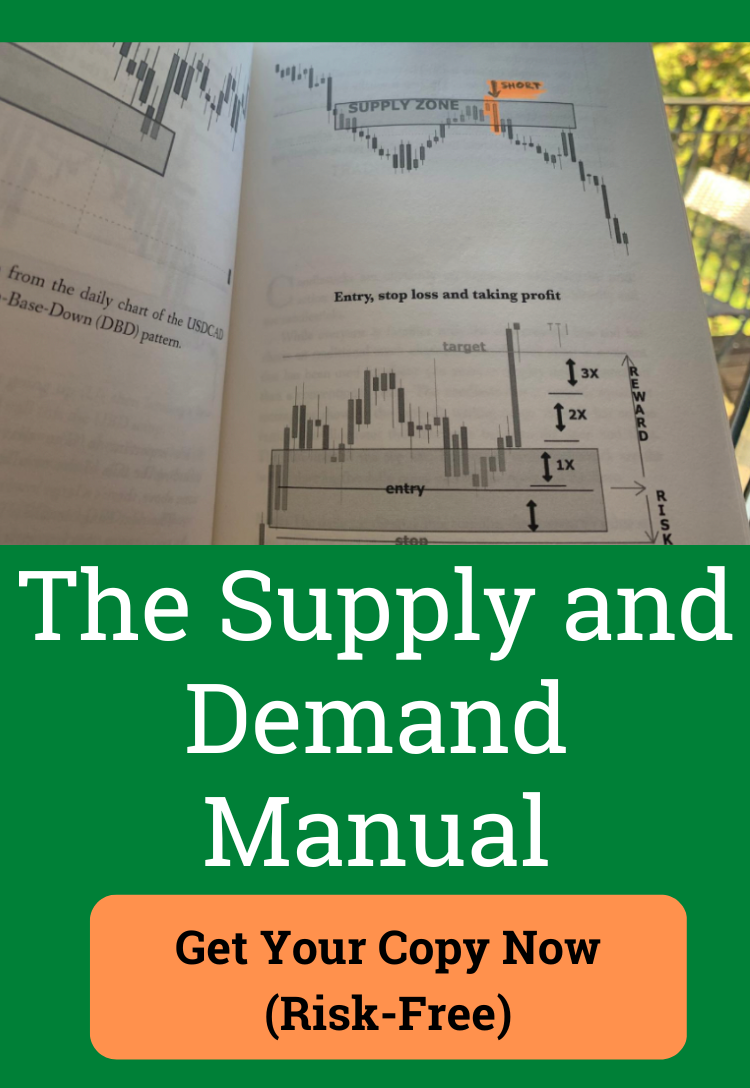
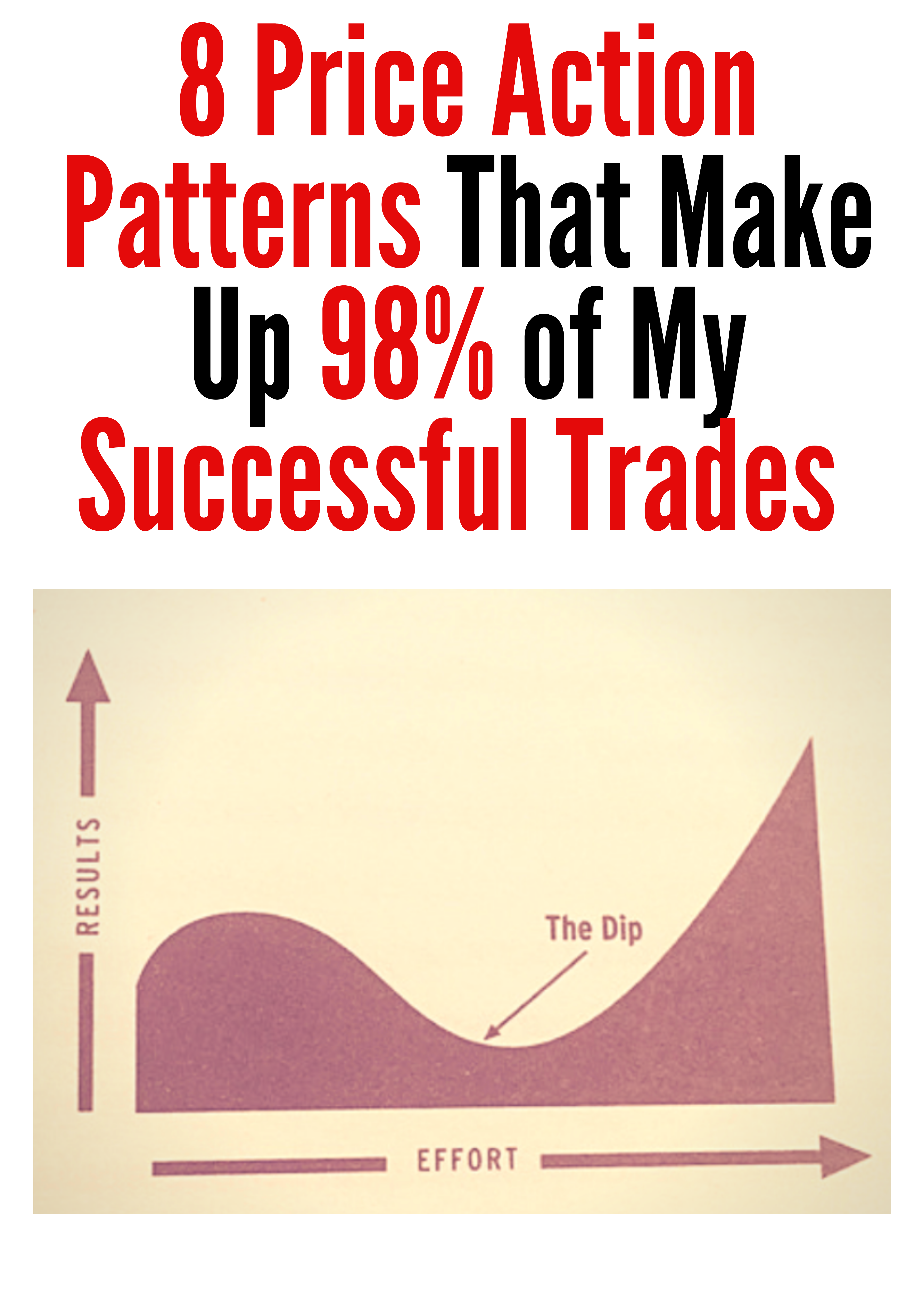
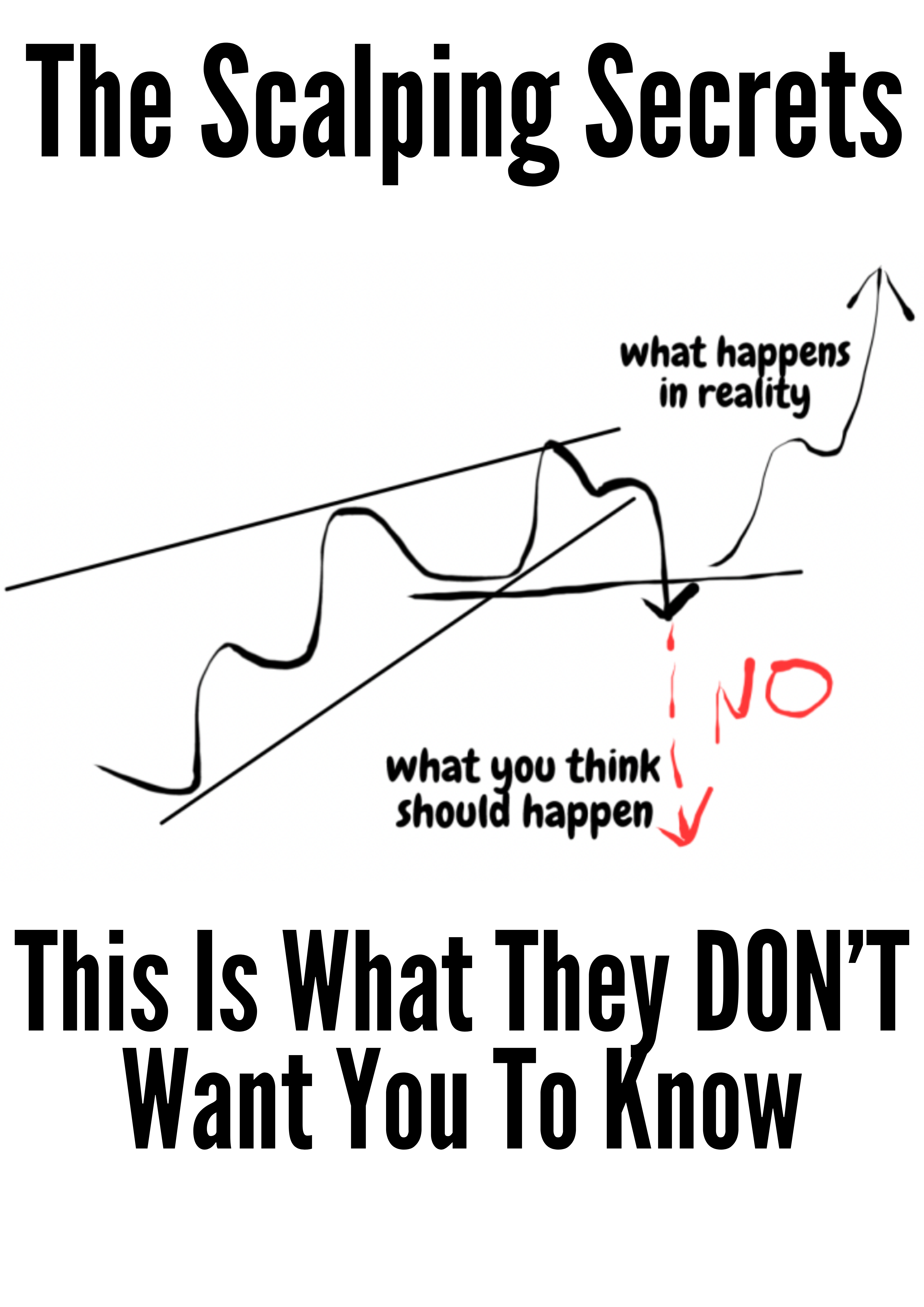
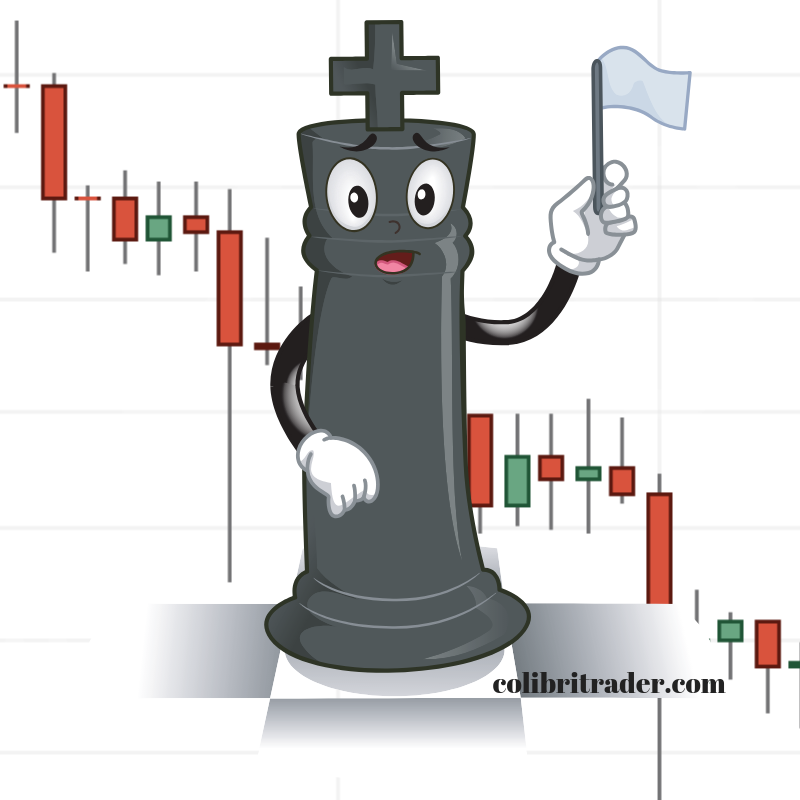
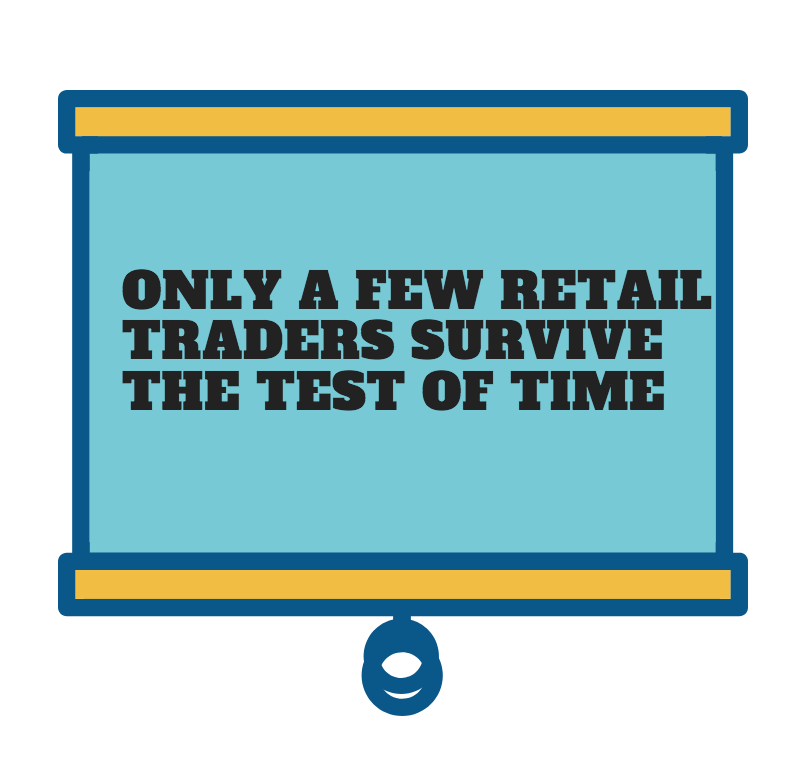

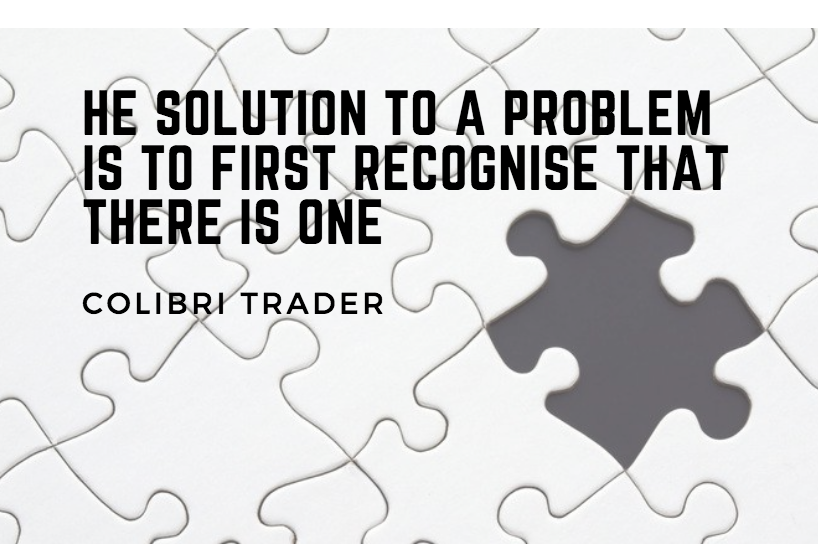

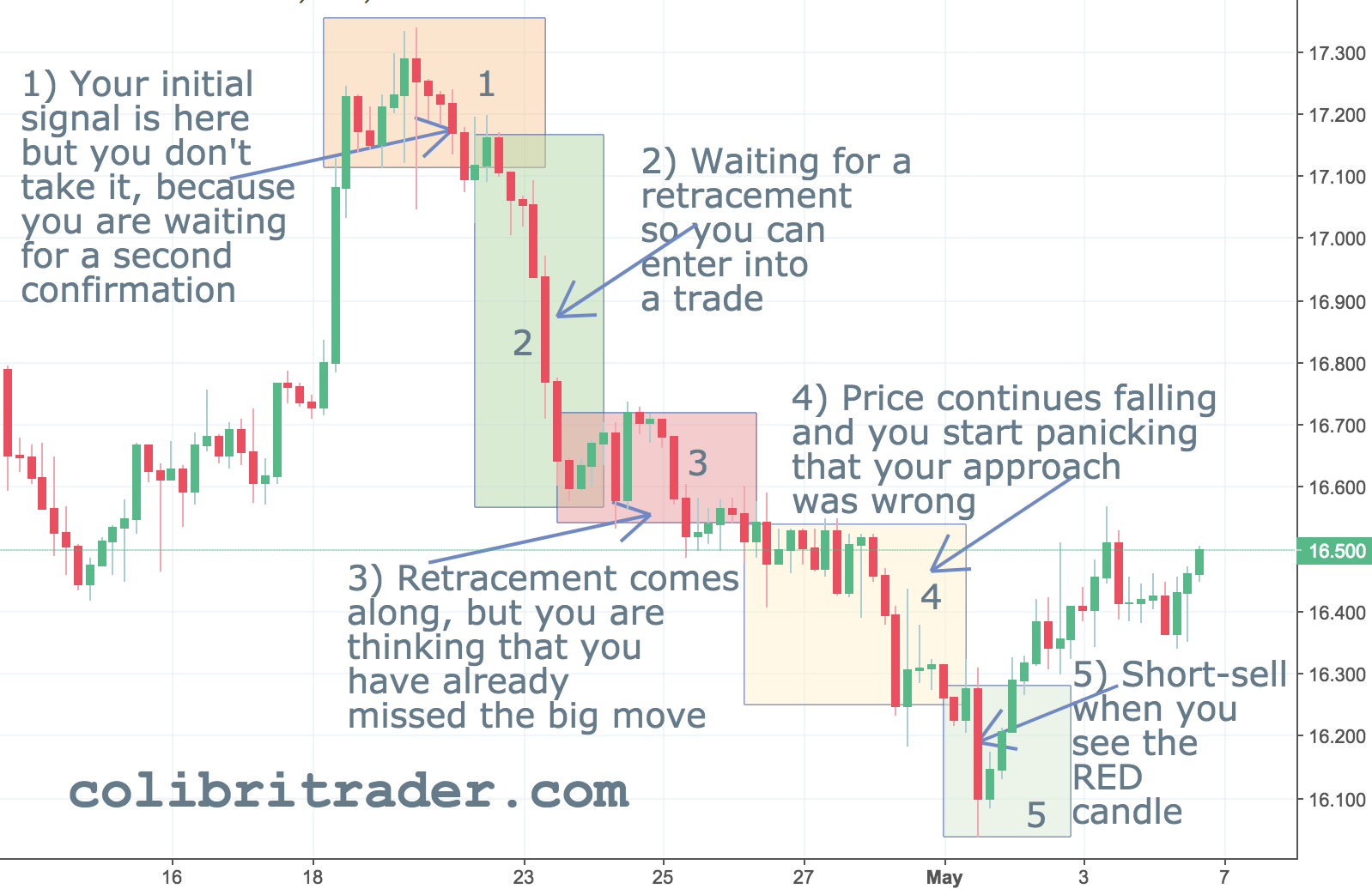

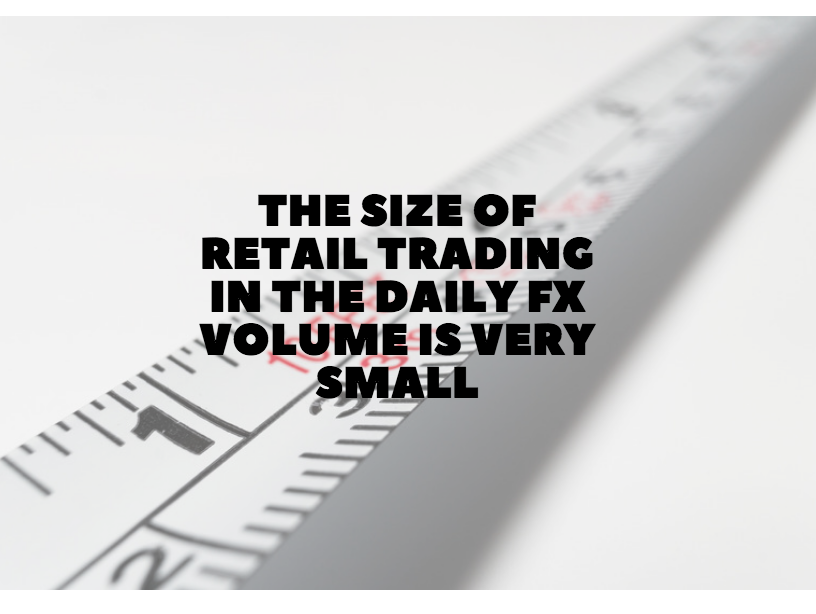



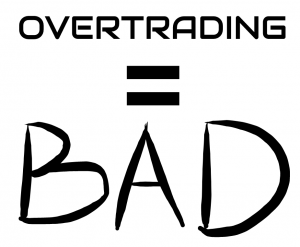






It is a great article… thanks for sharing
Thanks Samuel! Appreciate your nice words. let me know if you have something else on mind.